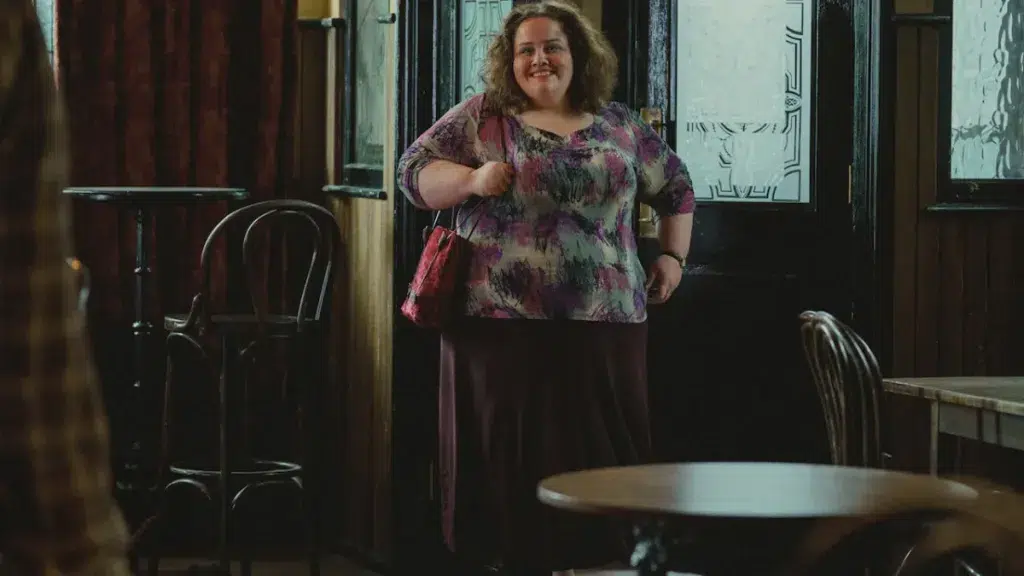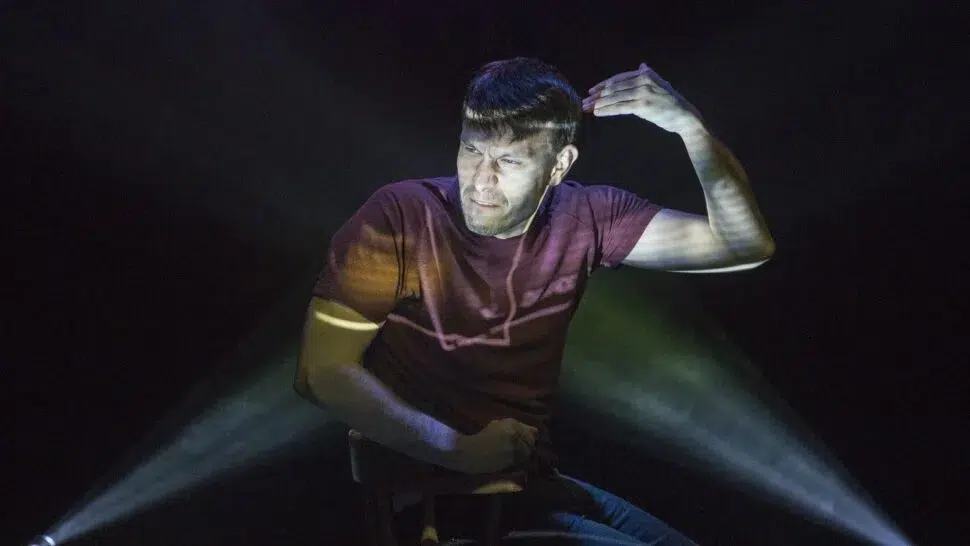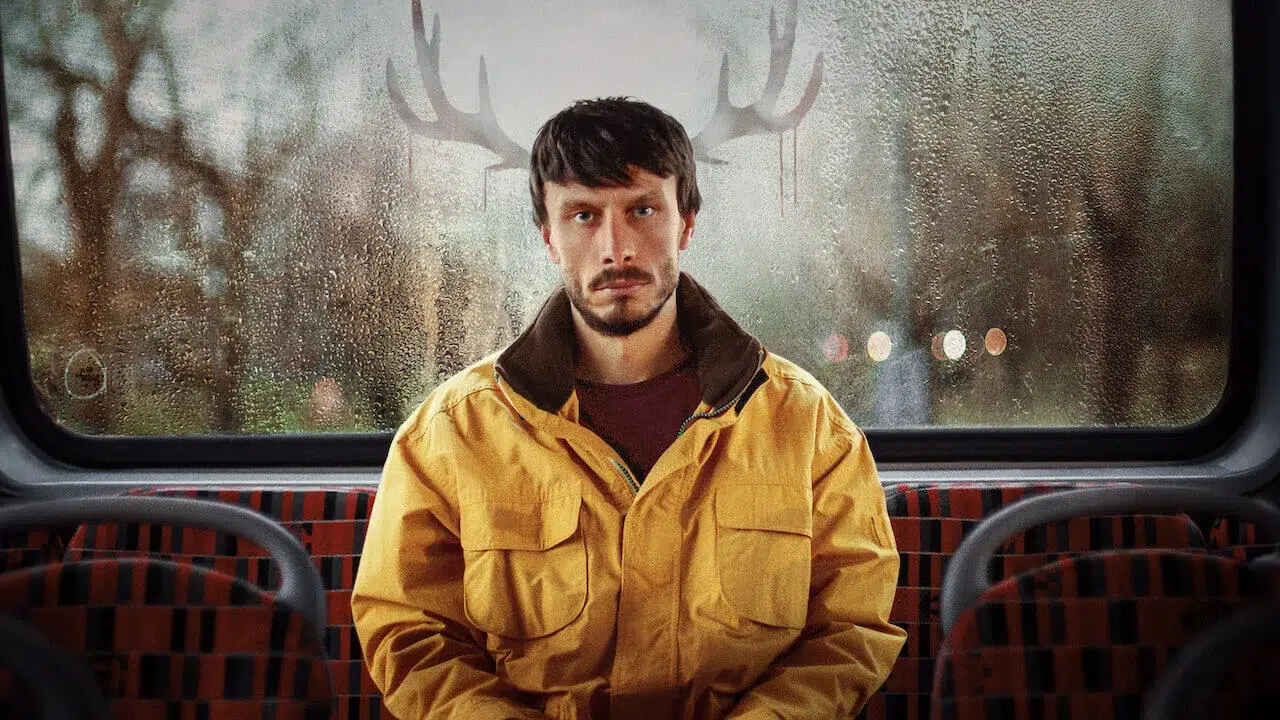Watching “Baby Reindeer,” an English Netflix mini-series based on Richard Gadd’s acclaimed one-man play, left me awash with emotions that lingered for days. This series, written, directed, and starring Gadd, delves deep into his harrowing experience with a stalker named Martha, starting from a seemingly benign encounter at his workplace. The series unravels how her obsession escalates, bombarding him with all-night emails that range from lucid to incoherent, disrupting his peace and security.

Though it may seem curious how Egyptians can relate to a Scottish man’s retelling of his ordeal on Netflix, it underscores that trauma and abuse know no borders. This series is a testament to the universal human experience of fear and survival.
I stumbled upon “Baby Reindeer” during the Eid vacation, drawn in by its darkly comedic premise and striking cinematography. However, it was more than just visually engaging; it provided a profound emotional journey. The series starts with a simple act of kindness by Donny, Gadd’s character, which inadvertently invites Martha’s dangerous fixation on him.
As the series progresses, the initial comedic elements give way to a more serious tone, effectively using humor to broach serious topics before confronting the audience with the grim realities of abuse and manipulation. Gadd’s portrayal of Donny’s complex reactions and the slow revelation of his backstory provide a nuanced exploration of victimhood and vulnerability.
Baby Reindeer basically answers to the old age question – “Why didn’t you report your abuser?”
I didn’t relate to 100% of the story, but enough for it to feel like a mirror. To expose my actions to myself. To better understand why I did what I did after my abuse. More importantly, I felt seen. My flaws were explainable.
Starting episode 4, the tone of the series shifts. The comedy slowly fades, and it becomes a slap on the face. Like you know it’s bad when Netflix starts putting a trigger warning before the episodes.
I couldn’t recommend enough how important it is to be in a healthy mental state before watching this episode, especially if you’re a survivor of sexual assault, because it truly was hard to watch.
In an interview with GQ, Gadd reflected on the authenticity of his storytelling, emphasizing the importance of acknowledging one’s flaws in creating impactful art. This candidness adds a layer of intimacy to the series, making you feel both a sense of intrusion into Gadd’s private life and a privilege to be part of his narrative.
“Baby Reindeer” is not an easy watch, especially for those with personal traumas. Netflix’s trigger warnings before certain episodes are a testament to its intense emotional impact. However, this series is profoundly moving and insightful, offering a mirror to our own experiences and an understanding of our actions post-trauma.
It becomes strange to continue watching the series after. I felt like I was invading Gadd’s privacy, but at the same time, privileged to be invited to know his story. I can’t imagine how hard it must have been to relive all his traumas while doing the series. I wish I had the chance to see the play, but maybe it was a blessing that I never got the chance, cause it could’ve been too hard for me.

I know the review might sound like I’m trying to talk people from seeing the series, but it’s far from that. It truly is one of the best things I’ve ever watched. But it’s hard.









What do you think?
It is nice to know your opinion. Leave a comment.